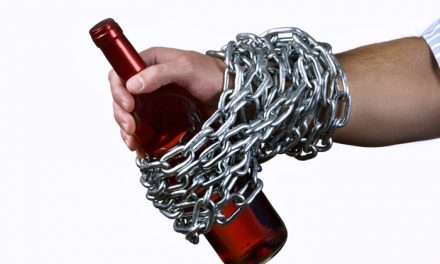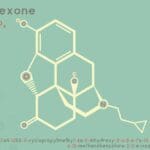Most everyone knows that cigarettes and other tobacco products are required to have a message on their packaging from the Surgeon General of the United States warning of the potential dangers. When it comes to cigarettes, a number of different messages appear, such as:
- Surgeon General’s Warning: Smoking Causes Lung Cancer, Heart Disease, Emphysema, and May Complicate Pregnancy.
- Surgeon General’s Warning: Quitting Smoking Now Greatly Reduces Serious Risk to Your Health. (This one seems more like an encouragement than a warning, but we won’t quibble.)
- Surgeon General’s Warning: Smoking By Pregnant Women May Result in Fetal Injury, Premature Birth, and Low Birth Weight.
- Surgeon General’s Warning: Cigarette Smoke Contains Carbon Monoxide.
These warnings go a long way toward encouraging smokers and potential smokers to think twice about the dangers posed by cigarettes. And that is all to the good, of course. But tobacco-based products are not the only things that have caught the attention of the Surgeon General.
A recent article in The New York Times by Roni Caryn Rabin suggested another popular but dangerous product that might need a warning label: alcohol.
New Guidance When It Comes to Alcohol
For many years, people who drink alcohol have been able to take solace in the idea that moderate drinking was associated with some health benefits. Those days are probably gone. Here is how the article by Rabin opens with some stark news:
Alcohol is a leading preventable cause of cancer, and alcoholic beverages should carry a warning label as packs of cigarettes do, the U.S. surgeon general said on Friday.
What constitutes a “leading preventable cause of cancer”? The numbers are stark. Again, from The New York Times piece:
Alcohol directly contributes to 100,000 cancer cases and 20,000 related deaths each year, the surgeon general, Dr. Vivek Murthy, said.
How much can you drink before you invite health problems? Not very much, as the article goes on to explain:
While most cancer deaths occur at drinking levels that exceed the current recommended dietary guidelines, the risk for cancers of the breast, the mouth, and the throat may rise with consumption of as little as one drink a day, or even less, Dr. Murthy said…Overall, one of every six breast cancer cases is attributable to alcohol consumption, Dr. Murthy said. More recent studies have also linked moderate alcohol consumption to certain forms of heart disease, including atrial fibrillation, a heart arrhythmia.
So What Does This Mean for You?
How should you respond to this news from one of the nation’s top health authorities? We have a few suggestions:
- If you do not drink, do not start. The most effective way to reduce cancer risk from alcohol consumption is not to drink alcohol. So if you are not already in the habit of drinking, you can do yourself a favor by not taking it up.
- If you do drink, consider giving it up. American culture offers up plenty of opportunities to have a drink. In fact, it can seem like a requirement in many social settings. But drinking is not, in fact, a requirement—and you can do your health a favor by choosing options other than alcohol.
- If you have a substance use disorder, think of this as more motivation to get the help you need. A substance use disorder centered on alcohol has plenty of downsides all on its own. It can chip away at your mental and physical health, damage your relationships, cost you a job, or lead to other kinds of financial distress, and so much more. Add to all of those things a significantly increased risk of cancer, and it should be as clear as can be: The time to get yourself into treatment so you can get your recovery underway is right now.
Again, we are aware of the outsized role alcohol plays in so many circumstances. And there is a good chance that you honestly enjoy drinking. That might be true for any number of reasons—but none of those reasons are good enough for you knowingly to risk developing cancer.
If you are struggling with alcohol and are ready to make a change, we can help.
Start Your Recovery at The Aviary
When you are in the grips of a substance use disorder, it can be all too tempting to give up hope. It can seem like there is nothing you can do that will allow you to get free of your reliance on drugs or alcohol. Given the rigors of withdrawal, you may well find yourself unable to make any headway toward leaving drugs or alcohol behind.
Fortunately, however, there is help and hope available. At The Aviary Recovery Center—located near St. Louis, Missouri—we help people get on the path toward a lasting recovery. We offer medically supervised detoxification to see you through the challenges of withdrawal. Our rehabilitation program provides mental health care and helps you develop strategies and identify resources that will serve you well after treatment comes to an end. And we provide ongoing support to each individual we serve so that no one feels alone as their recovery gets underway.
We are ready to get to work when you are ready to make a transformative change for the better.










